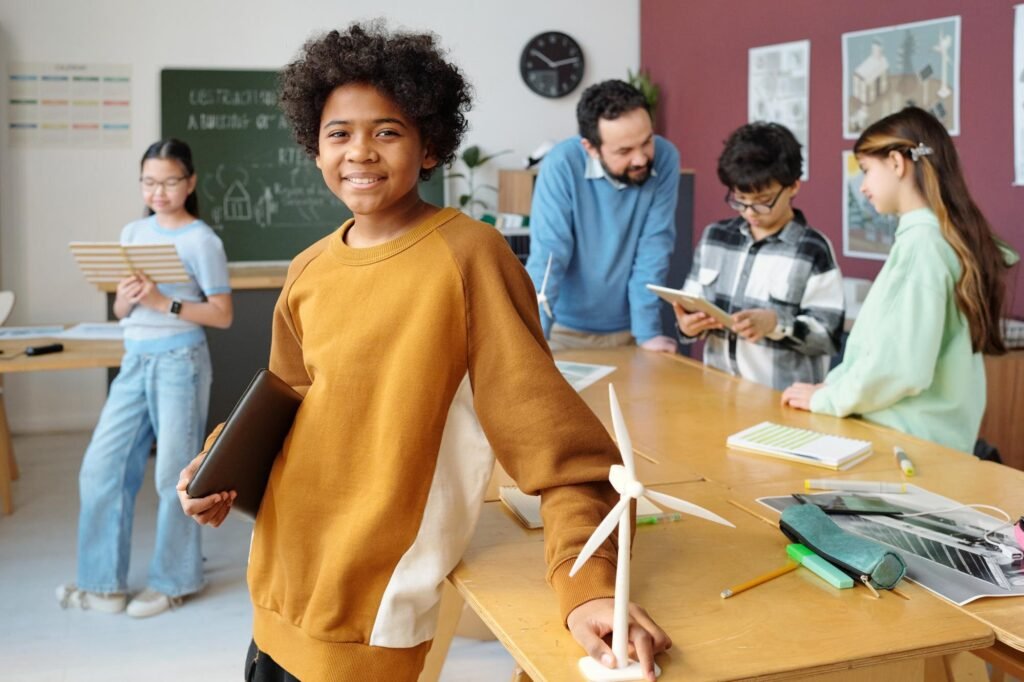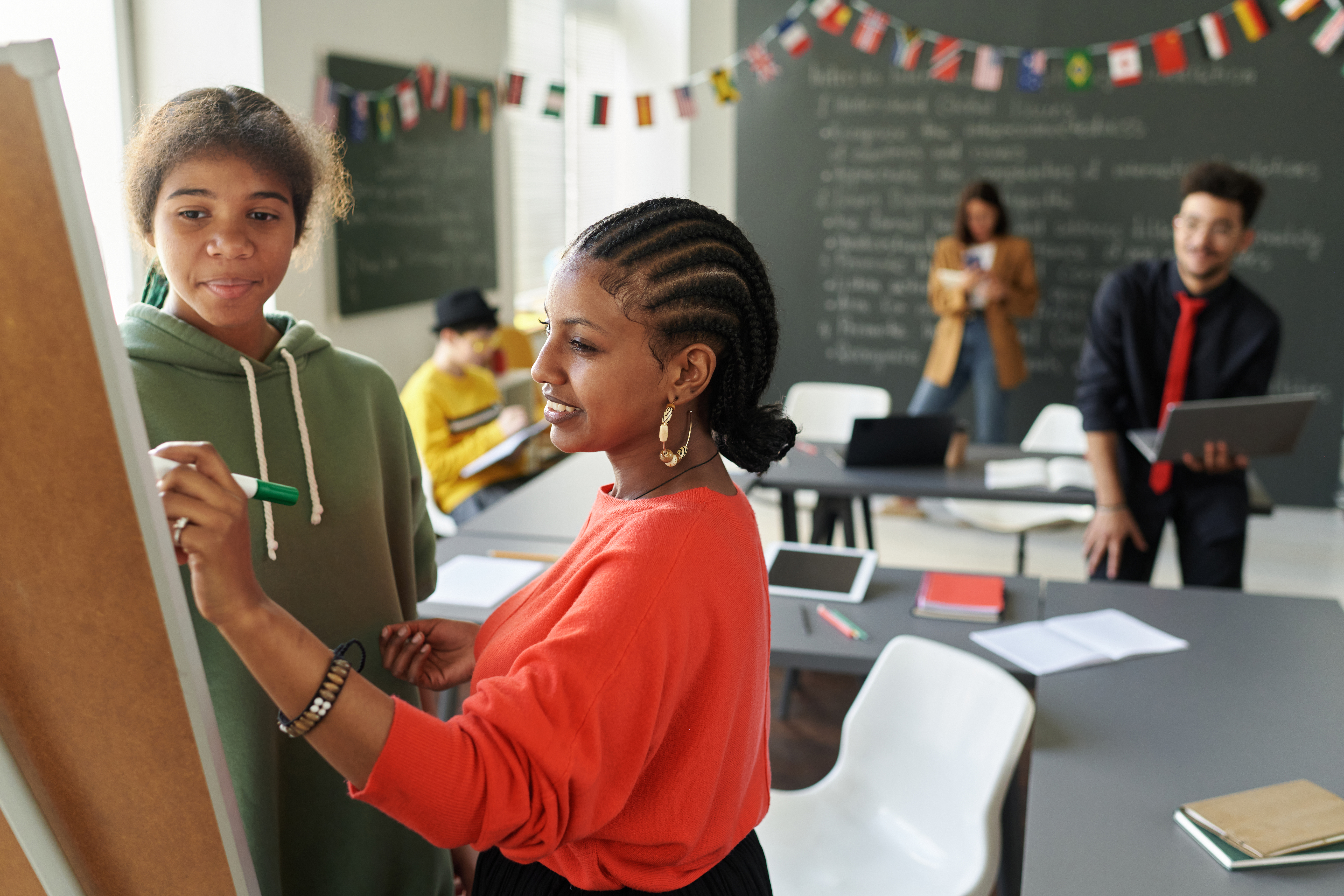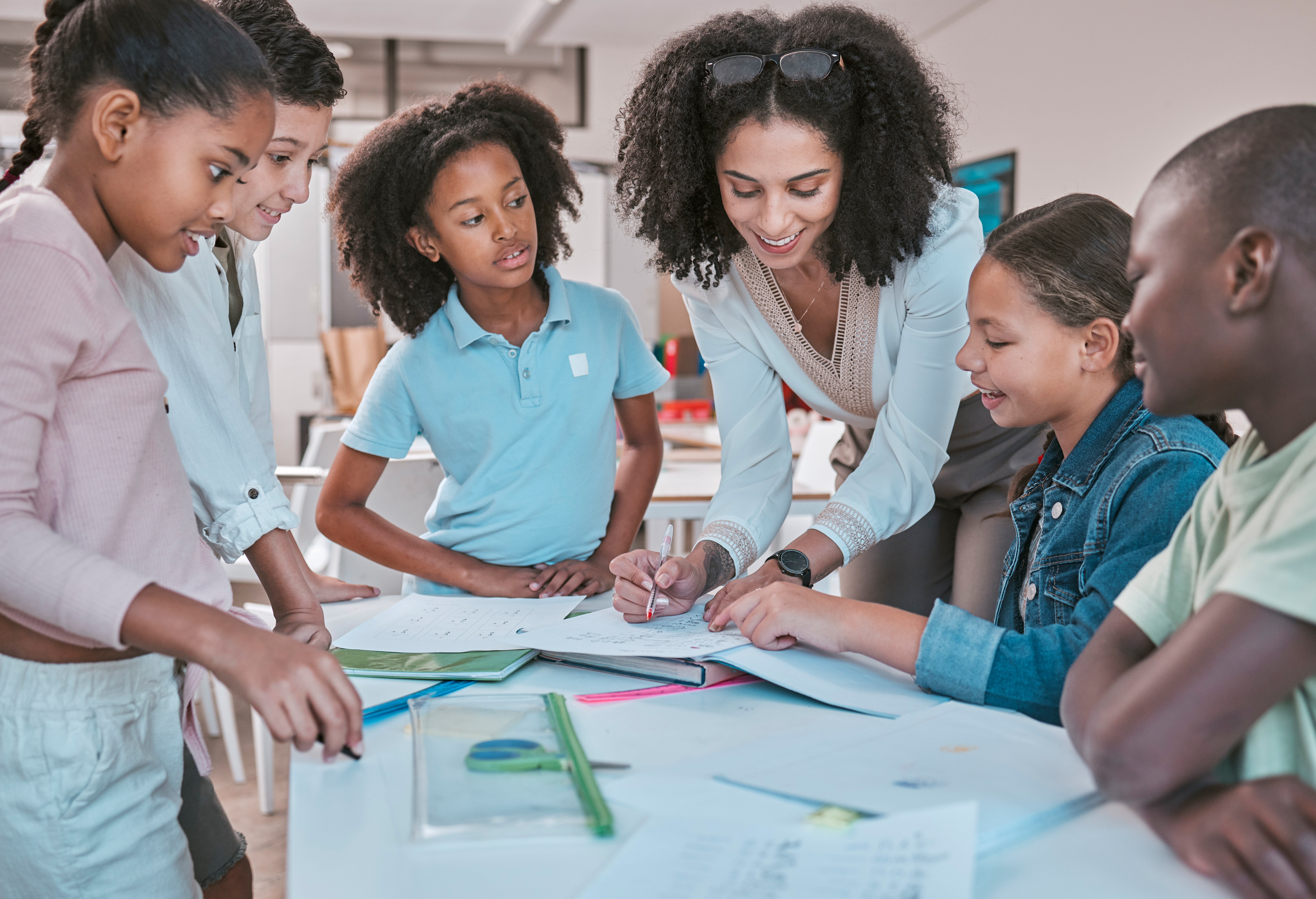
Empowering the Gifted: Strategies for Educators to Build Resilience and Confidence
Gifted students often face a unique set of emotional hurdles that can feel overwhelming. As an educator, you might find yourself searching for effective strategies to nurture both their resilience and confidence. This blog post is your guide, designed to equip you with practical tools to support their emotional growth. You’ll discover methods that not only enhance their self-belief but also foster a nurturing environment for their incredible potential. Ready to transform your approach with VK Creative Circle’s insights? Let’s dive in and empower these extraordinary young minds.
Building Resilience in Gifted Students

Building resilience in gifted students involves helping them navigate challenges with a positive outlook. This section explores ways educators can instill resilience by fostering a growth mindset, encouraging risk-taking, and implementing emotional support strategies.
Fostering a Growth Mindset
A growth mindset is the belief that abilities and intelligence can be developed with effort and learning. For gifted students, it’s crucial to embrace this mindset to foster resilience.
Model Growth Mindset Language: Use phrases like “I can’t do this yet” rather than “I can’t do this.”
Encourage Effort Over Perfection: Celebrate trying new things and learning from mistakes.
Introduce Growth Mindset Activities: Use resources like Gifted Challenges to find activities that promote this mindset.
Real-world example: In a classroom setting, introduce a project that involves trial and error. Encourage students to seek feedback and iterate on their work. Over time, students learn that persistence leads to improvement, reinforcing the growth mindset.
Encouraging Risk-Taking
Risk-taking is essential for personal and academic growth. Gifted students benefit from activities that push them out of their comfort zones.
Create a safe environment for risk-taking by ensuring students understand that failure is part of learning.
Implement challenges that require creative problem-solving and encourage students to try new approaches.
Reference resources like National Association for Gifted Children for risk-taking exercises tailored to gifted learners.
Example: Encourage students to participate in debates or talent shows. These activities require confidence and offer a platform to practice risk-taking in a supportive setting.
Emotional Support Strategies
Emotional support is a pillar of building resilience. Educators play a key role in providing this support.
Develop strong relationships with students to help them feel understood and valued.
Use strategies from ESCCO to address emotional needs effectively.
Incorporate mindfulness and stress reduction techniques into the classroom routine.
Case Study: A student struggling with anxiety before presentations can be supported by one-on-one sessions focusing on breathing exercises and positive affirmations. Over time, the student gains confidence in presenting.
Boosting Confidence in the Classroom

Boosting confidence in gifted students involves recognizing their achievements and reinforcing a positive self-image. This section discusses celebrating small wins, providing constructive feedback, and creating a safe space for vulnerability.
Celebrating Small Wins
Recognizing small achievements is vital in building confidence. Gifted students often set high standards for themselves, making it essential to acknowledge their efforts.
Create a culture of recognition in the classroom by celebrating even minor successes.
Use positive reinforcement to encourage continuous effort and growth.
(Reference Psychology Perspective for more strategies on acknowledging student achievements).
Example: Implement a “success board” where students can share accomplishments. This visual reminder of progress boosts morale and encourages others.
Constructive Feedback Techniques
Feedback is most effective when it is constructive and aimed at improvement.
Focus on the process: Highlight areas where the student has shown effort and suggest actionable improvements.
Use a positive tone to deliver feedback, ensuring students understand it’s meant to guide growth.
Refer to Gifted Challenges for feedback techniques that boost confidence.
Example: During project evaluations, focus on the strengths of the work and provide two or three specific suggestions for enhancement.
Creating a Safe Space for Vulnerability
Creating an environment where students feel safe to express vulnerabilities is key to building confidence.
Encourage open dialogue about challenges and emotions.
Model vulnerability by sharing experiences of overcoming obstacles.
Use resources like ESCCO to establish guidelines for emotional safety.
Quote: “When students feel safe to be vulnerable, they are free to explore their capabilities without fear of judgment.”
VK Creative Circle’s Approach

VK Creative Circle offers specialized programs to empower educators with strategies for supporting gifted students. This section highlights workshops, coaching, and resources available.
Workshops for Educator Strategies
VK Creative Circle provides workshops designed to equip educators with practical strategies.
Focus on emotional intelligence and high-performance techniques.
Workshops cover topics such as resilience-building and confidence-boosting.
Join these sessions to learn from experts and share experiences with peers.
Insight: Educators report increased confidence in their ability to support gifted students’ emotional needs after attending workshops.
Coaching for Emotional Support
Personalized coaching sessions are available to help educators provide the best emotional support.
Tailored to individual needs, focusing on specific challenges faced by gifted students.
Incorporate techniques from Psychology Perspective to enhance understanding.
Ongoing support ensures educators can apply new strategies effectively.
Example: A coach works with teachers to develop personalized action plans for students struggling with resilience.
Engaging with Gifted Education Resources
VK Creative Circle offers a range of resources for educators seeking to deepen their understanding of gifted education.
Access articles, case studies, and tools focused on emotional and academic growth.
Use platforms like National Association for Gifted Children for additional support.
Encourage collaboration among educators to share insights and strategies.
Key Takeaway: Staying informed and connected with resources empowers educators to better support gifted students’ unique needs.
Sign up for our newsletter to receive a free guide on effective communication with gifted students! 📚✨

A certified Heal Your Life® Coach with 20+ years in education and emotional development. Supports gifted teens in navigating anxiety, perfectionism, and identity challenges, while equipping parents with practical tools for lasting transformation. Sessions blend emotional healing, mindset mastery, and strategic empowerment.



